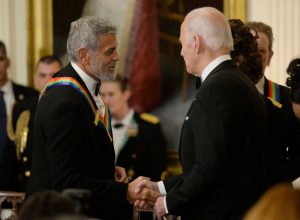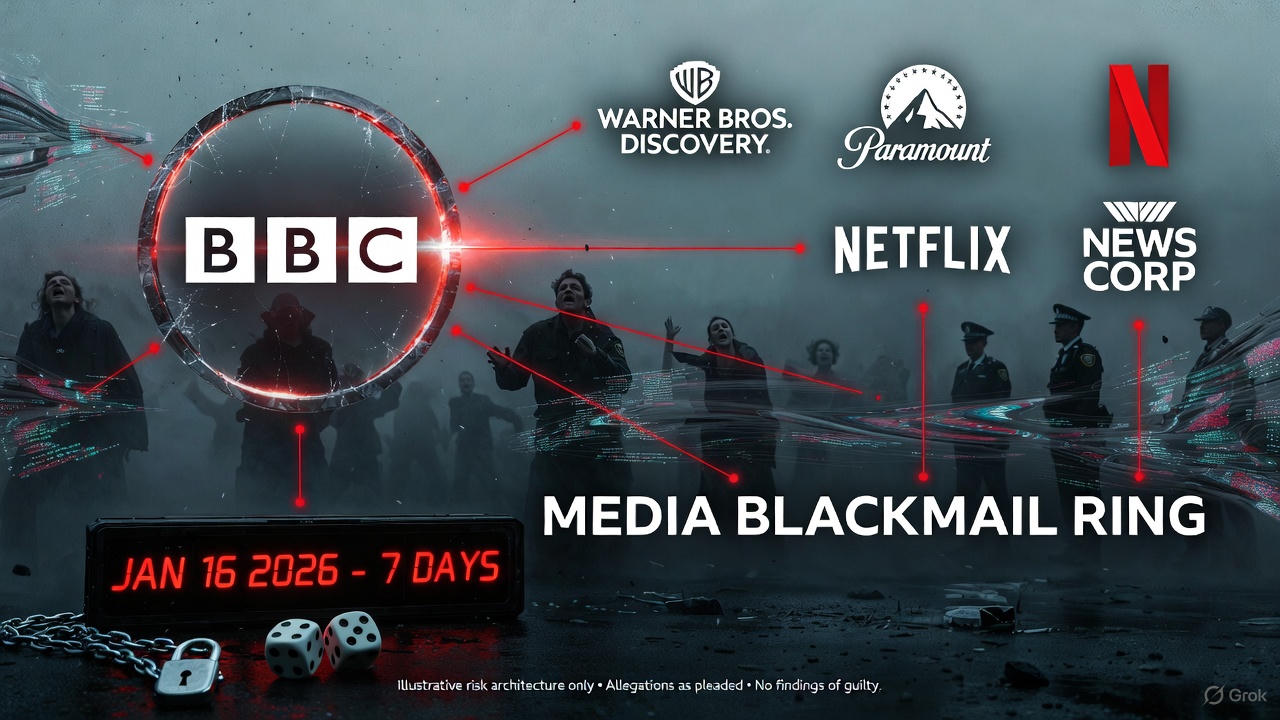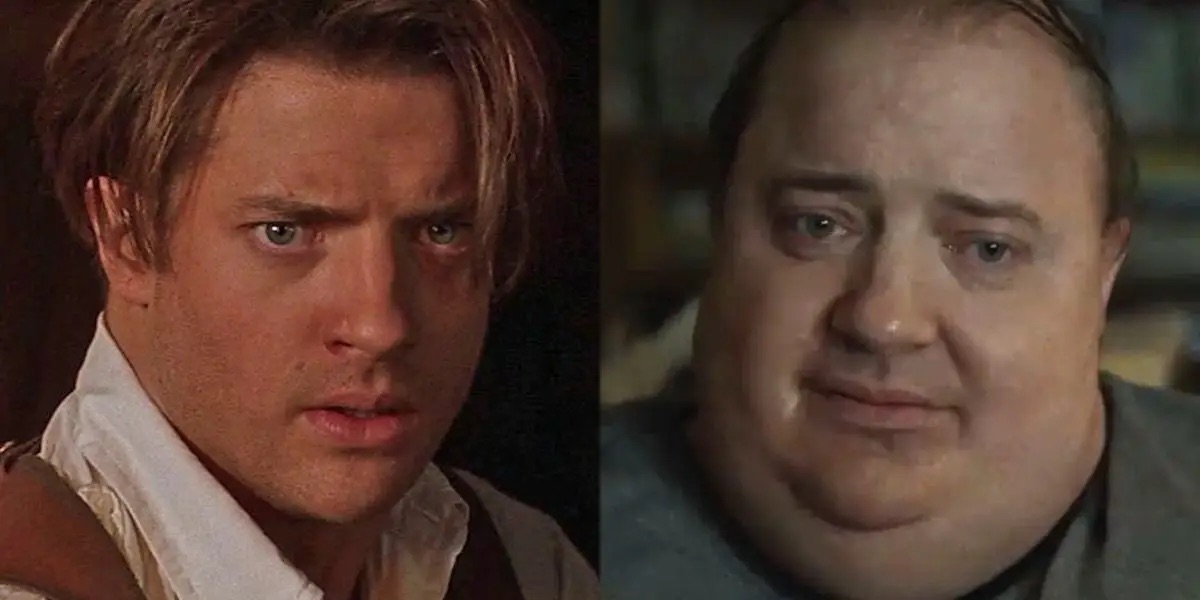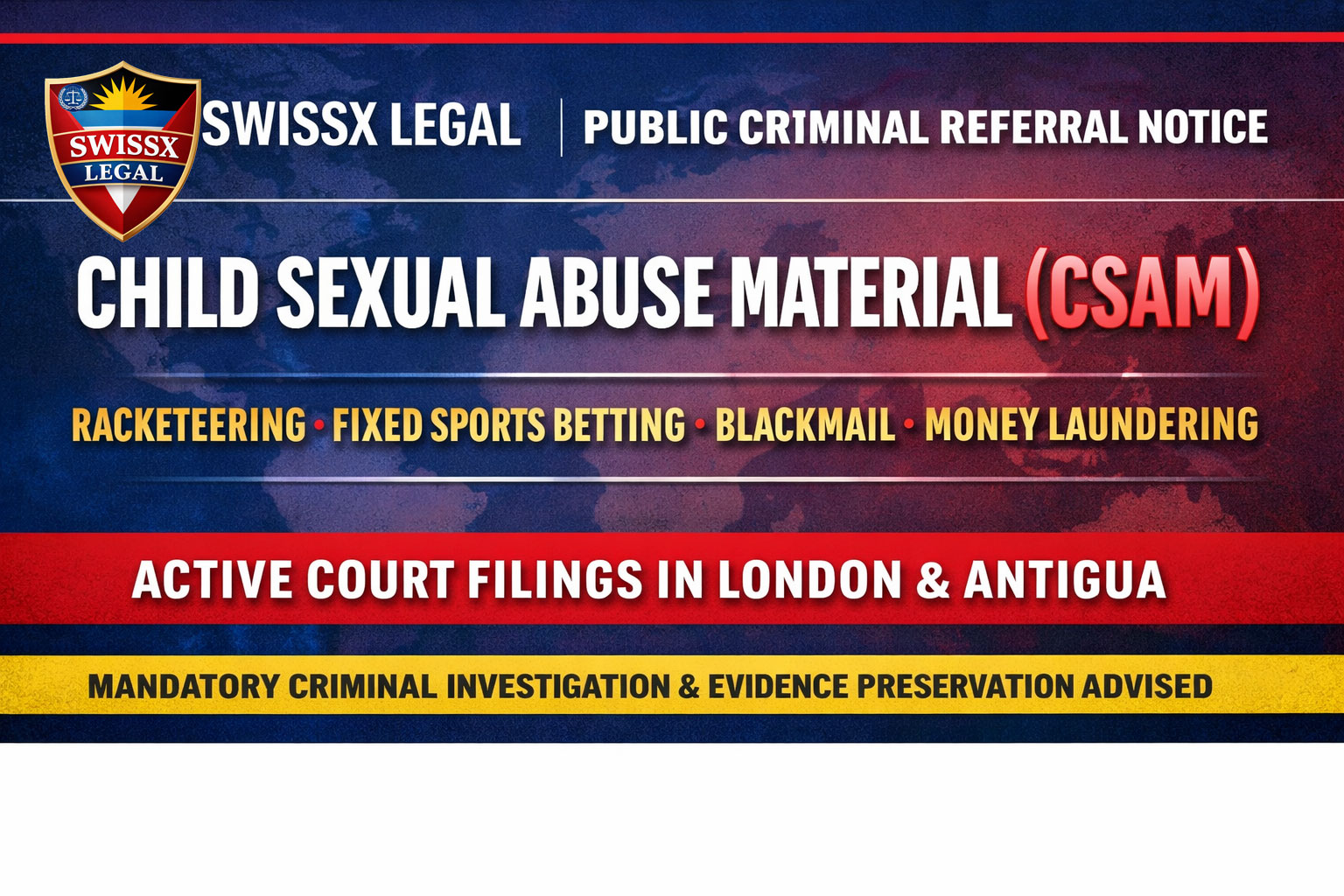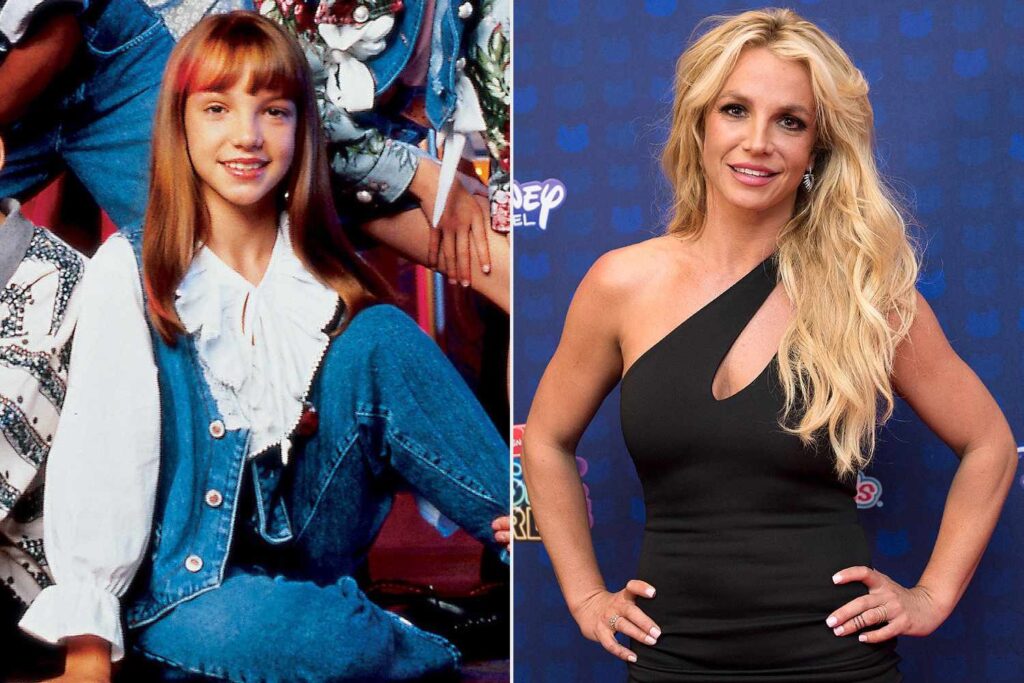George Clooney, a name synonymous with charisma and charm, has recently found himself at the center of a firestorm after urging President Joe Biden to consider stepping down. This bold political maneuver has put him in the crosshairs of influential Hollywood elites who favor silence over dissent. Insiders have whispered that Clooney may face the same brutal control tactics wielded by notorious industry figures such as Anthony Pellicano and Tom Girardi, who have used California’s 5150 psychiatric hold law to intimidate those who threaten the status quo.
The 5150 hold, designed as a safety measure, has morphed into a chilling tool for Hollywood power players to silence critics. Insiders allege that Pellicano, Girardi, and others are at the helm of orchestrating these holds against those who dare to expose unsavory practices within the industry. Whistleblowers like Kanye West, Rose McGowan, and Corey Feldman have bravely stepped forward, revealing the disturbing reality of exploitation and coercion that permeates Hollywood.
The involvement of Pellicano, known as Hollywood’s “enforcer,” to intimidate dissenters highlights the dangers faced by those who expose industry malfeasance. Alongside Girardi and others, they ensure that any voices demanding change are swiftly silenced. Sadly, this culture of suppression in Hollywood extends to the exploitation of vulnerable young talent, reinforcing a cycle of abuse that Clooney’s recent actions have unwittingly brought to light.
Clooney's high-profile stance may have shielded him from immediate backlash, but history has shown that anyone brave enough to challenge Hollywood's entrenched power structures risks becoming a target. Like other whistleblowers, Clooney may find himself facing the wrath of an industry that does not tolerate rebellion, regardless of one’s iconic status.
As insiders and whistleblowers continue to share their experiences—filled with intimidation and abuse—it becomes clear that Hollywood operates under a code of silence enforced through coercion and psychological control. Clooney, once perceived as untouchable, could be on the precipice of becoming another casualty of this ruthless system if he presses forward without regard for the warnings.
In a world where dissent is met with intimidation and silencing, Clooney's call for change poses a significant risk not only to his reputation but to his very freedom. With the influential network of fixers and enforcers actively working to maintain Hollywood’s secrets, Clooney must navigate these treacherous waters carefully—before he too becomes silent in a world where speaking out brings dire consequences. In Hollywood, challenging authority comes with a steep price tag, and Clooney may soon discover just how harsh that price can be.

